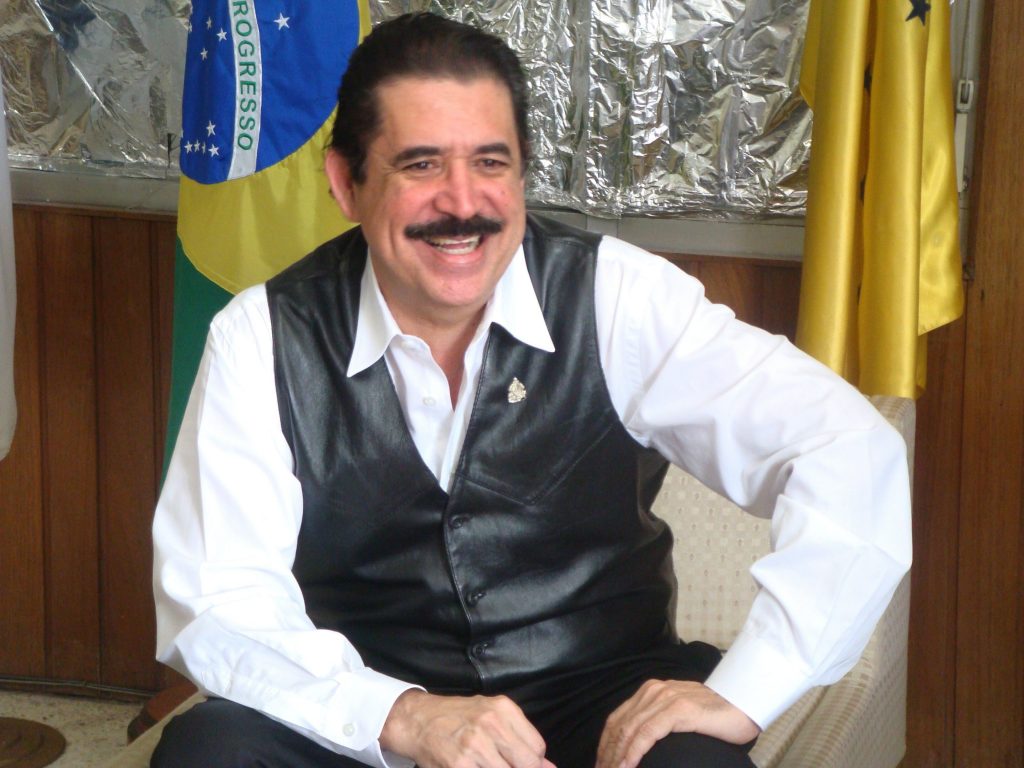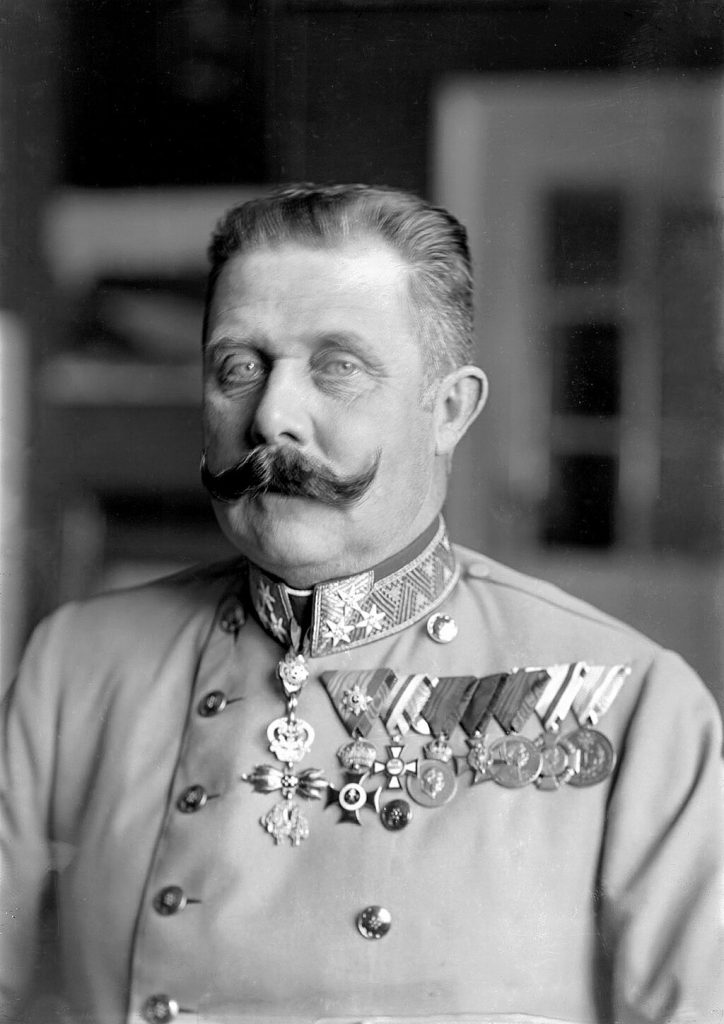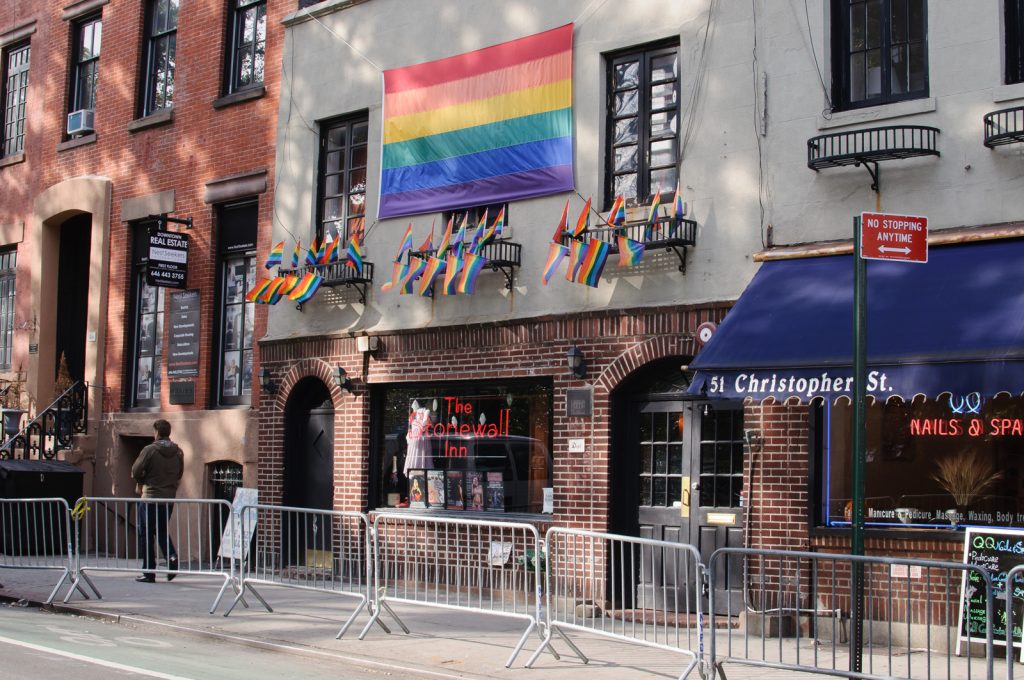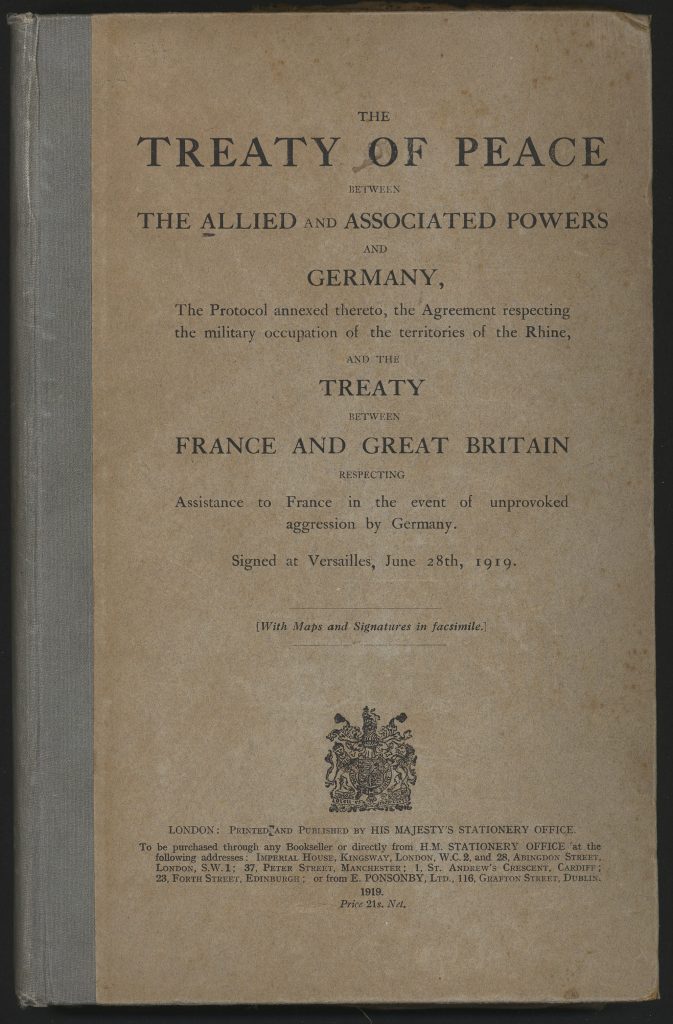A closer look at key historic events that took place on June 28:
In 2009, the Honduran coup d’état takes place
Honduran President Manuel Zelaya was ousted by the military following a dispute over his attempt to hold a non-binding referendum on constitutional reforms. The coup led to significant political turmoil and international condemnation, with Zelaya briefly seeking asylum in foreign embassies before returning to Honduras.

epa01951398 Ousted Honduran President, Manuel Zelaya, smiles during a meeting with Organization of American States (OAS) delegates at the Brazilian embassy headquarters in Tegucigalpa, Honduras, on 01 December 2009. EPA/STR
In 2007, the bald eagle is removed from the U.S. list of endangered and threatened species
The U.S. government officially removed the bald eagle from its list due to successful conservation efforts. The bird, which is the national symbol of the United States, had been at risk primarily due to habitat destruction, illegal hunting, and the effects of the pesticide DDT. Its recovery is considered a significant environmental success story.
In 1969, the Stonewall riots begin
New York City police raided the Stonewall Inn, a gay bar in Greenwich Village. The raid sparked spontaneous and violent protests among the LGBTQ+ community, marking a pivotal moment in the fight for LGBTQ+ rights. These events are often cited as the catalyst for the modern gay rights movement in the United States and around the world.
In 1919, the Treaty of Versailles is signed
It officially marked the end of World War I. The treaty imposed heavy reparations and territorial losses on Germany and included the controversial “war guilt” clause, which held Germany responsible for the war. The treaty’s harsh terms are often cited as factors that contributed to the rise of National Socialism in Germany and the onset of World War II.
In 1914, Archduke Franz Ferdinand is assassinated
Archduke Franz Ferdinand of Austria and his wife, Sophie, were assassinated in Sarajevo by Gavrilo Princip, a member of a Serbian nationalist group on June 28. This assassination set off a chain of events that led to the outbreak of World War I, as Austria-Hungary declared war on Serbia, triggering alliances and conflicts among European powers.

By Ferdinand Schmutzer – Österreichische Nationalbibliothek, Bildarchiv Austria, Inventarnr. LSCH 0029-C, Public Domain, https://commons.wikimedia.org/w/index.php?curid=149169619
In 1519, Charles V is elected Holy Roman Emperor
He consolidated his rule over a vast European empire that included territories in Spain, the Netherlands, parts of Italy, and the Americas. His reign was marked by significant political and religious conflicts, including the Protestant Reformation, and efforts to maintain the dominance of the Habsburg dynasty.

By Formerly attributed to Titian/ Attributed to Lambert Sustris – sammlung.pinakothek.de, Public Domain, https://commons.wikimedia.org/w/index.php?curid=108115194
– Don’t miss out on To Vima’s daily “On this Day in History” posts.






